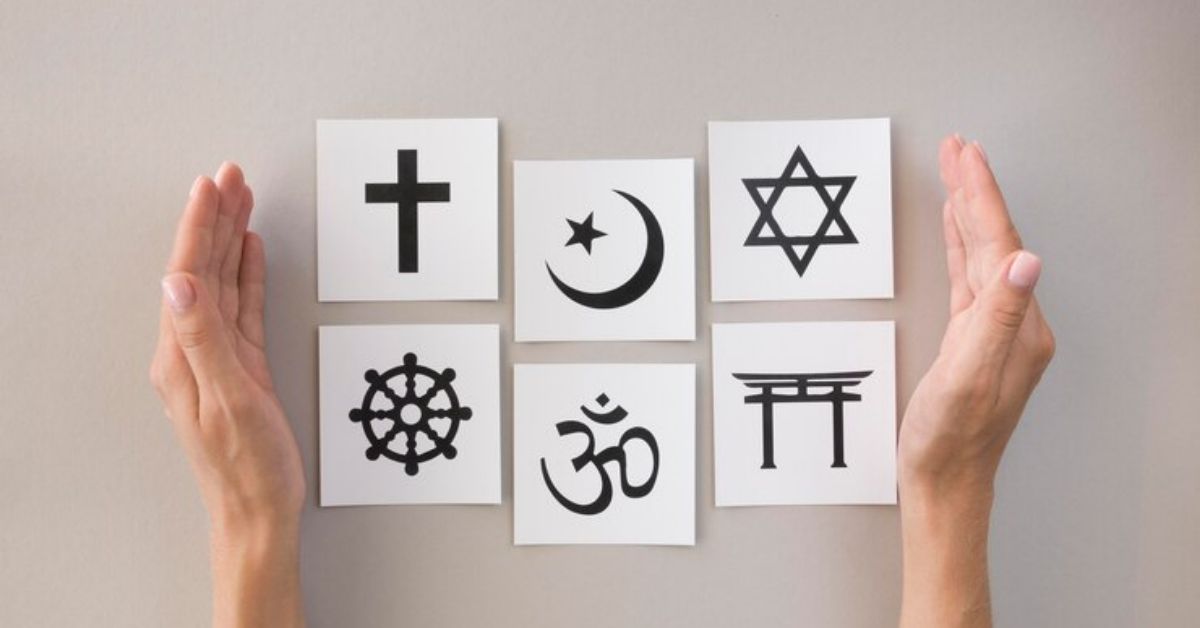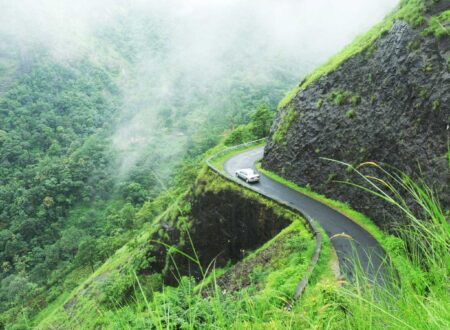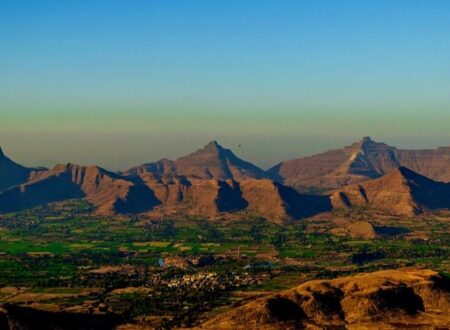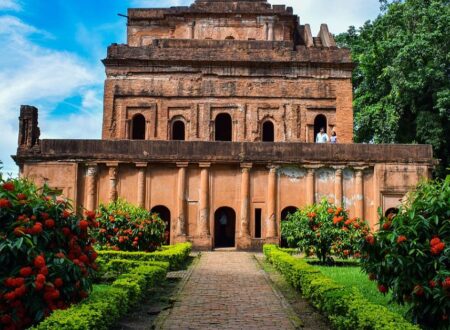Indian diversity is one of the many aspects that makes the country different from the rest of the world. The world recognizes India as a diverse country. Where people from various ethnic and religious backgrounds live together in peace and harmony. However, this multicultural society approach of coexistence has its own set of pros and cons. In this article, we shall see what a multicultural society is. What the dynamics are, and what challenges it brings along. To learn more, keep reading.
What Is A Multicultural Society?
Sociology describes multiculturalism as how a society deals with its cultural diversity. In fact, a multicultural society believes in inclusion, irrespective of religion or race. Therefore, it is a society that allows its people to practice their religion and customs freely and gives them freedom. To speak a language they like, wear clothes they desire and eat whatever they want. While practising their customs, people in a multicultural society also learn to respect others. Even get involved in the celebrations and festivities of others.
What Are The Dynamics Of A Multicultural Society?

Multicultural society paves the way to achieve a high degree of cultural diversity. Proponents of multiculturalism believe that such diversities make humanity stronger. May be vital for the long-term survival of the human race. In 2001, the General Conference of UNESCO asserted in its Universal Declaration. On Cultural Diversity that “Cultural diversity is as necessary for humankind as biodiversity is for nature.”
States, cities, workplaces and even schools today are inclusive of various cultural, racial, and ethnic groups. Moreover, such inclusion helps build trust, respect and understanding across all cultures and ensures smooth functioning of the society. In fact, Communities and organizations too benefit from this approach. As people from different backgrounds bring different skill sets, ideas, innovations and experiences to the table.
Challenges In A Multicultural Society

Just like everything else, the multicultural approach of coexistence also has its own sets of drawbacks. Two challenges are identified as primary challenges by experts:
- Bias: It privileges the good of certain cultural groups over the common good. Due to this, national unity may also be hampered. When people see themselves benefiting as members of certain ethnic groups over citizens of a common country.
- Risk To Equality: It, at times, undermines the notion of equal rights which can weaken the political value of equal treatment and pose a threat to the human race.
Moreover, other concerns brought to light by theorists include that multiculturalism can lead to competition. Between cultural groups for recognition, leading to the domination of the recognized groups over others.
The Takeaway
Multiculturism is a broad concept with its benefits and challenges like everything else. It theoretically advocates peace and harmony. However, it isn’t the case when studied practically. Humans, by nature, are driven by identity, and any threat or competition to their identity can wreak havoc on society. Therefore, to make the best of the multiculturism practices. Moreover, it is up to us that use our discretion and make this world a better place to live. Respecting the beliefs of others lets others respect yours. Therefore, this simple act can go a long way in making the world a peaceful place.
Follow India Chalk on Instagram for more amazing travel content. You can share your travel story with us. Reach out to us on email at contact[at]ndiachalk[dot]com. This blog is curated by India Chalk and written by Sushmita Guria.






